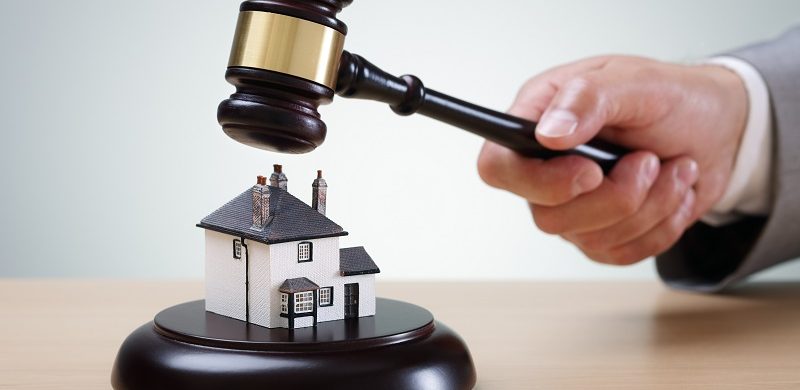
Effective July 1, 2016, there are new property laws in Florida that apply to building codes, elevators in private residences and fumigation rules. If you’re a property owner or a property manager, here’s what you need to know about the new laws.
Changes to Florida’s Building Code
A new bill, HB 535, makes more than 30 changes to Florida’s building code, including these important ones that are most likely to impact you:
- Exempts employees of communities with 100 or more apartments from contractor licensing requirements if performing minor repairs to existing HVAC systems if it costs less than $1,000 and they meet specific criteria
- Allows a non-licensed electrical contractor to install some low-voltage lights
- Requires that residential pools have an alarm that makes a sound when it detects an accidental or an unauthorized entry into the water
- Requires a contractor or an alarm company inform property owners about any obligations they might have to register their alarm systems
- Exempts Wi-Fi- smoke alarms or those that have multiple sensors
- Requires Florida’s Building Code to mandate two fire service access elevators in every building above a specific height
Rules for New Elevators
A new bill, SB 1602, states new elevators in private residents must:
- Have gates or doors that can withstand 75 pounds of force
- Meet distance requirements between the landing door and the elevator gate
- Meet distance requirements between the elevator shaft and the edge of the landing sill for sliding or swinging doors
- Have a device that can stop the elevator’s downward motion at any time
Possible Upcoming Changes in Florida’s Fumigation Procedures
Right now, HB 1205 only authorizes Consumer Services and the Department of Agriculture to adopt safety procedures for residential buildings before being reoccupied. As of now, it has no impact on Florida’s fumigation rules unless they act.
Stephen K. Hachey can help you wade through this difficult process to reach a positive solution. Call 813-549-0096 today!
***The opinions in this blog are those of the author whom takes full responsibility for the content. Like all other content on the site, this does not constitute legal advice and is for general information purposes only.***





